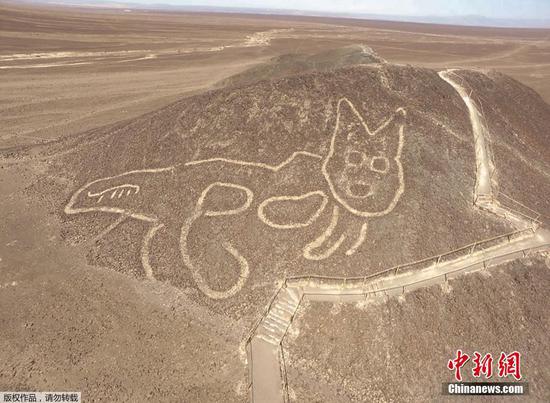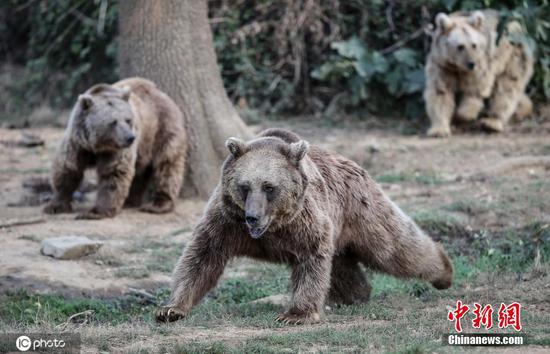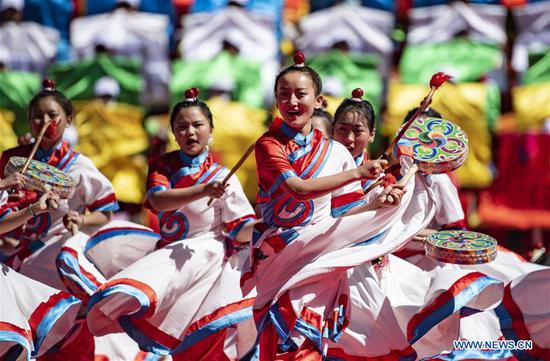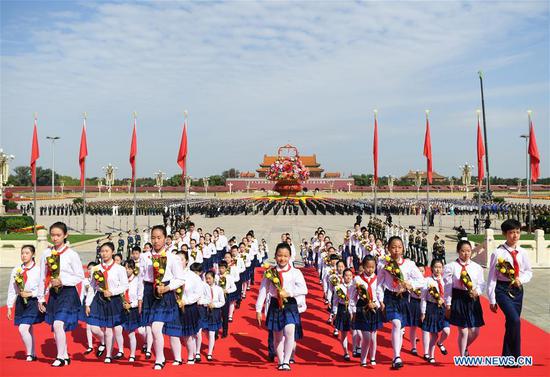For centuries, King Gesar has been a name known to most Tibetans since their childhood, as folk artists have been telling and singing stories of the legendary 11th-century hero who fought evildoers and helped the weak.
Some call the epic of King Gesar "The Iliad of the East," but it is believed to be dozens of times longer than Homer's work.
Listed as a UNESCO Intangible Cultural Heritage in 2009, the epic has been passed down orally by singers, herders and farmers from provinces and regions including Qinghai, Tibet and Inner Mongolia.
"People believe Tibetan children can sing as soon as they can speak, and dance as soon as they can walk," said Karma Tsering, deputy head of the No. 2 Minzu Wanquan Primary School in Zaduo County, Yushu Tibetan Autonomous Prefecture, northwest China's Qinghai Province.
"Many children here are familiar with the stories of King Gesar and we don't want to waste their talents," he said.
To preserve the fading oral tradition, the school established an extracurricular class in 2016 focusing on the learning of the epic of King Gesar.
"The classes open at noon every Monday, Wednesday and Friday as well as every Wednesday and Thursday afternoon, each for about 40 minutes," said Pokatsung, the teacher in charge of the class.
"There are now more than 100 students who signed up for the class. Many of them are extremely talented, as if they were born with the gift of telling and singing the stories of King Gesar," he said.
King Gesar is the character that sixth-grader Yitse mostly plays. "I adore him. He is wise and brave." The Tibetan boy's dream is to be a folk artist telling stories of the hero in the future.
"Before I started school, my father read me and my two brothers some stories about King Gesar. I was very interested, so as soon as I heard my school was offering the class I signed up," he said.
"I never miss a class, and practice in my spare time," Yitse said. "It's hard, but as a Tibetan, I have the responsibility to pass down our culture and tell the stories of King Gesar to more people.
"Having offered the class for four years, we have cultivated more than 100 graduates," said Liu Zhengjun, Party secretary of the school.
"While inheriting the Tibetan culture, this special class also is of great educational significance to students, as stories of King Gesar involve meaningful topics such as environmental protection," Liu said. Enditem


















































